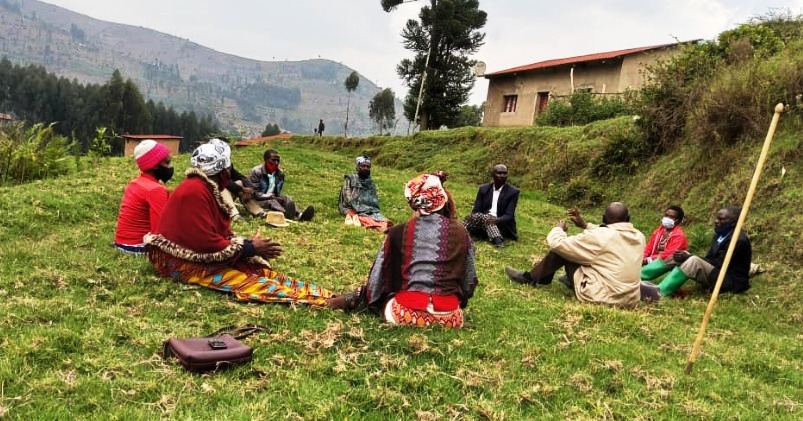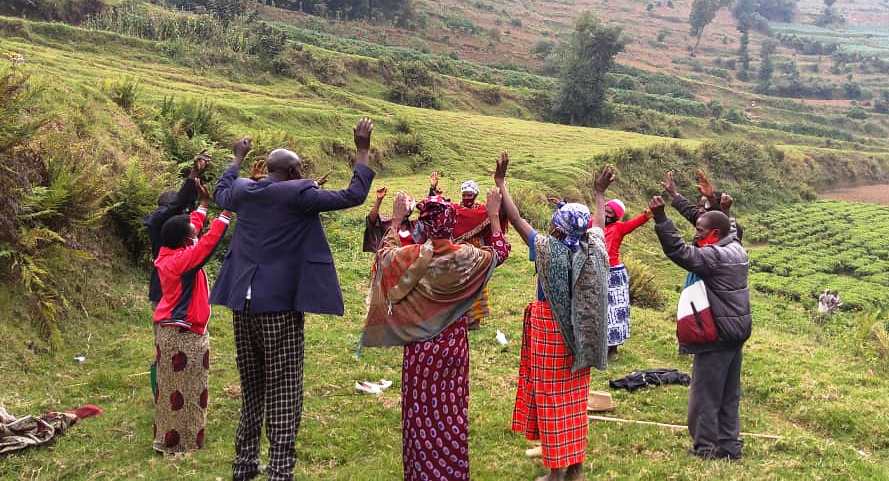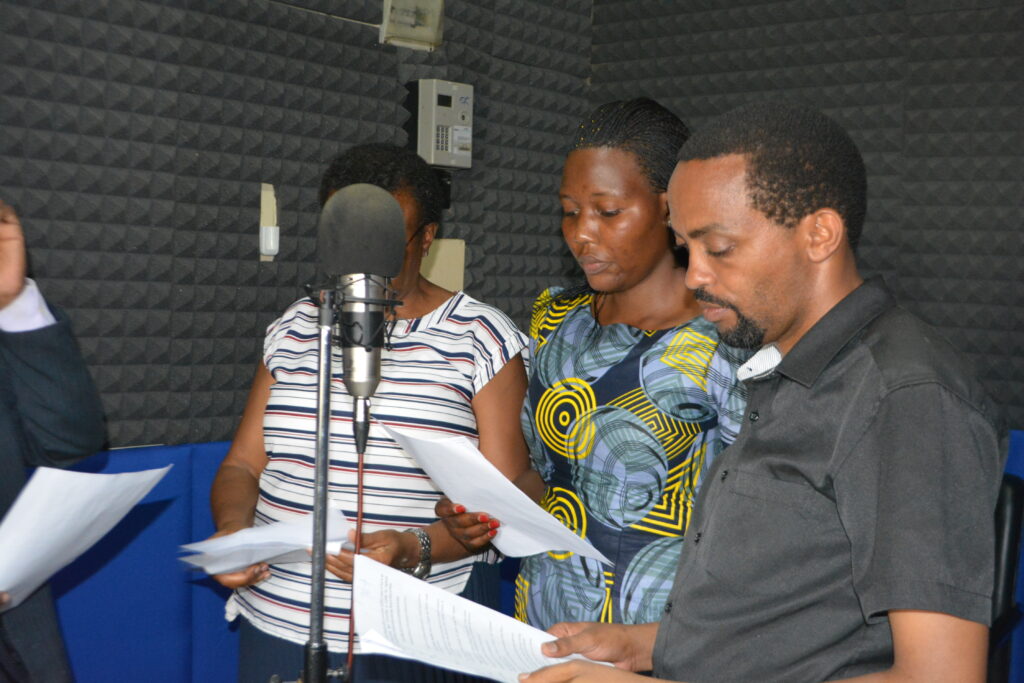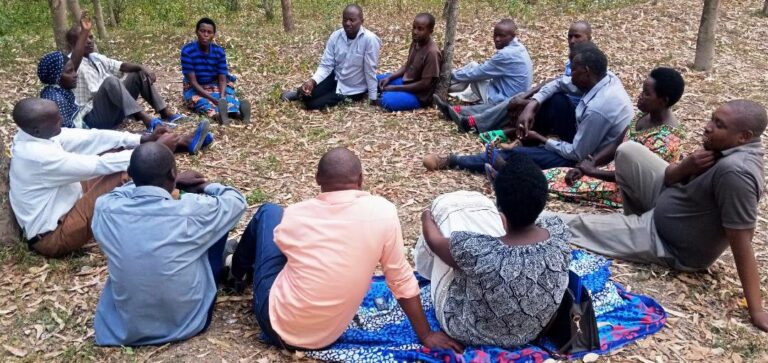The Tujyane (let’s go together) project is funded by the European Union and aims at contributing to democratization processes and equitable development by supporting the reintegration process of ex-prisoners and mitigating the negative impacts of intergenerational legacies of the genocide, including the transmission of trauma, violence and divisionism. In this project, CBS is working together with the Dutch NGO Radio La Benevolencija and the project will be implemented in Nyabihu, Nyamasheke and Rusizi districts.

Introduction
26 years after the 1994 genocide against the Tutsi in Rwanda ended, the impact of unaddressed trauma continues to influence the daily lives of many Rwandans. As the genocide took place at the community – and often very intimate – level, the social fabric within communities and families has been severely damaged. The trauma experienced continues to shape attitudes to reconciliation in the population. The reintegration and rehabilitation of the (soon to be) released prisoners into their families and communities threatens now to aggravate this intergenerational trauma and within the country’s reconciliation process.
To continue its efforts of contributing to psychosocial recovery from a history of violence and to promote sustainable peace across the generations, Community Based Sociotherapy Rwanda (CBS Rwanda) in partnership with Radio laBenevolencija (RLB), initiated a new project called the Tujyane.
Tujyane (“Let’s Go Together”) Project is a two-year project which is funded by the European Union and aims to contribute to democratization processes and equitable development by supporting the reintegration process of ex-prisoners and mitigating the negative impacts of intergenerational legacies of the genocide, including the transmission of trauma, violence and divisionism. The project will be implemented in Nyabihu, Nyamasheke and Rusizi districts.
In the Tujyane Project, community-based sociotherapy is used to enhance feelings of safety, trust and social dignity, and support processes of reconciliation, social cohesion and family and community conflict resolution. In addition to that, grassroots advocacy initiatives will be stimulated and facilitated through the People’s Parliament for Peace (PP4P) meetings. These approaches will be complemented by the national radio drama Musekeweya, developed and produced by RLB. Musekeweya seeks to make national populations recognize and resist stereotyping, hate speech, identity manipulation and incitement to violence. The drama will feature a special focus on the psychology of reintegration of ex-prisoners as well as the consequences of the intergenerational legacies of the genocide. The storyline and scripts will be adapted to the evolving context and input and feedback from the sociotherapy groups and radio listening clubs.
The overall objective of the project
- To contribute to democratization processes and equitable development by supporting the reintegration process of ex-prisoners and mitigating the negative impacts of intergenerational legacies of the genocide, including the transmission of trauma, violence, and divisionism.
The specific objective of this project
- To increase trust and acceptance within and between communities as well as the engagement of citizens and local leaders in reintegration processes at the grassroots level.
Expected outcomes
The project is expected to bring an important change in Rwandan society in terms of psychosocial lives, social cohesion, unity and reconciliation, and sustainable peace. Expected results of this project include the following:
- Increased sense of psychosocial well-being, self-efficacy and acceptance among ex-prisoners and other members of the selected communities.
- Increased citizen participation in community reintegration processes as well as engagement in grassroots advocacy.
- Increased knowledge and understanding of the effect of historical legacies on social cohesion and ability to recognize and resist divisive ideologies, incitement to violence and identity-based manipulation.
Together with national and local stakeholders, CBS Rwanda and RLB will combine approaches and efforts as organizations complementing one another.

The community-based sociotherapy approach has been developed in Rwanda in 2005 by the Dutch sociotherapist, Cora Dekker, in partnership with E.A.R. Byumba Diocese. The approach uses the group as a therapeutic medium to create trust, an open environment for discussion and the formation of peer-support structures. The uniqueness of sociotherapy is that it is done at community level with people from the same neighborhood usually representing different socio-historical backgrounds (e.g. genocide survivors or genocide perpetrators), linking the process of psychosocial recovery to the process of grassroots reconciliation and therefore working on the nexus between mental health and psychosocial support (MHPSS) and peace building.

Radio La Benevolencija’s campaigns, established and evaluated for the last 15 years, seek to stimulate national populations to recognize and stand up against the psychosocial triggers of ethnic manipulation, stereotyping, and the use of intergenerational legacies for incitement to violence. Through additional outreach activities at the grassroots level – such as national and regional debates, college tours, and participative theatre – RLB encourages people to emulate radio drama’s role models in practice. During this two-year project, ex-prisoner reintegration and issues around intergenerational trauma will be key themes of the broadcasts.


